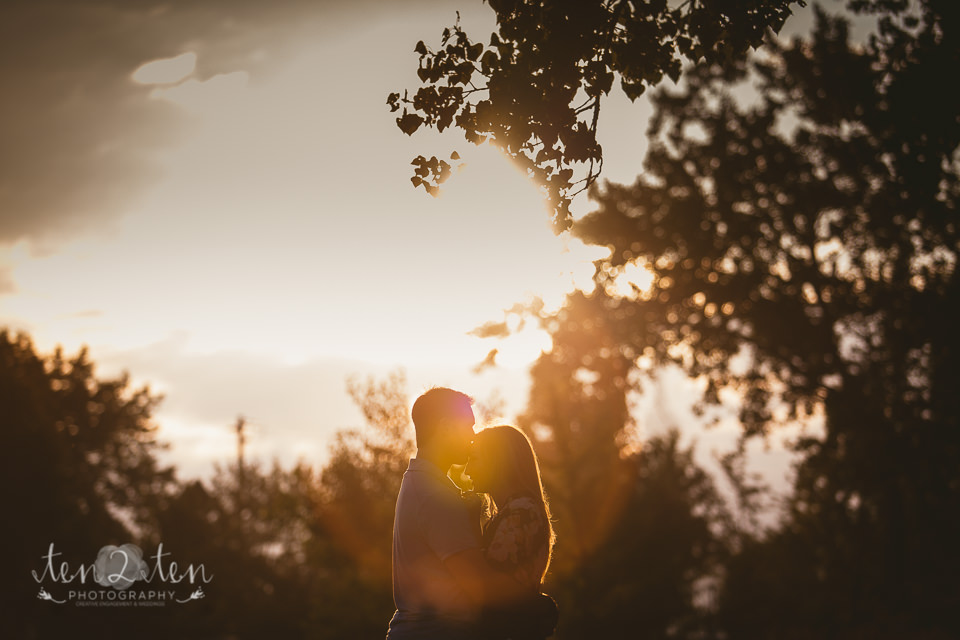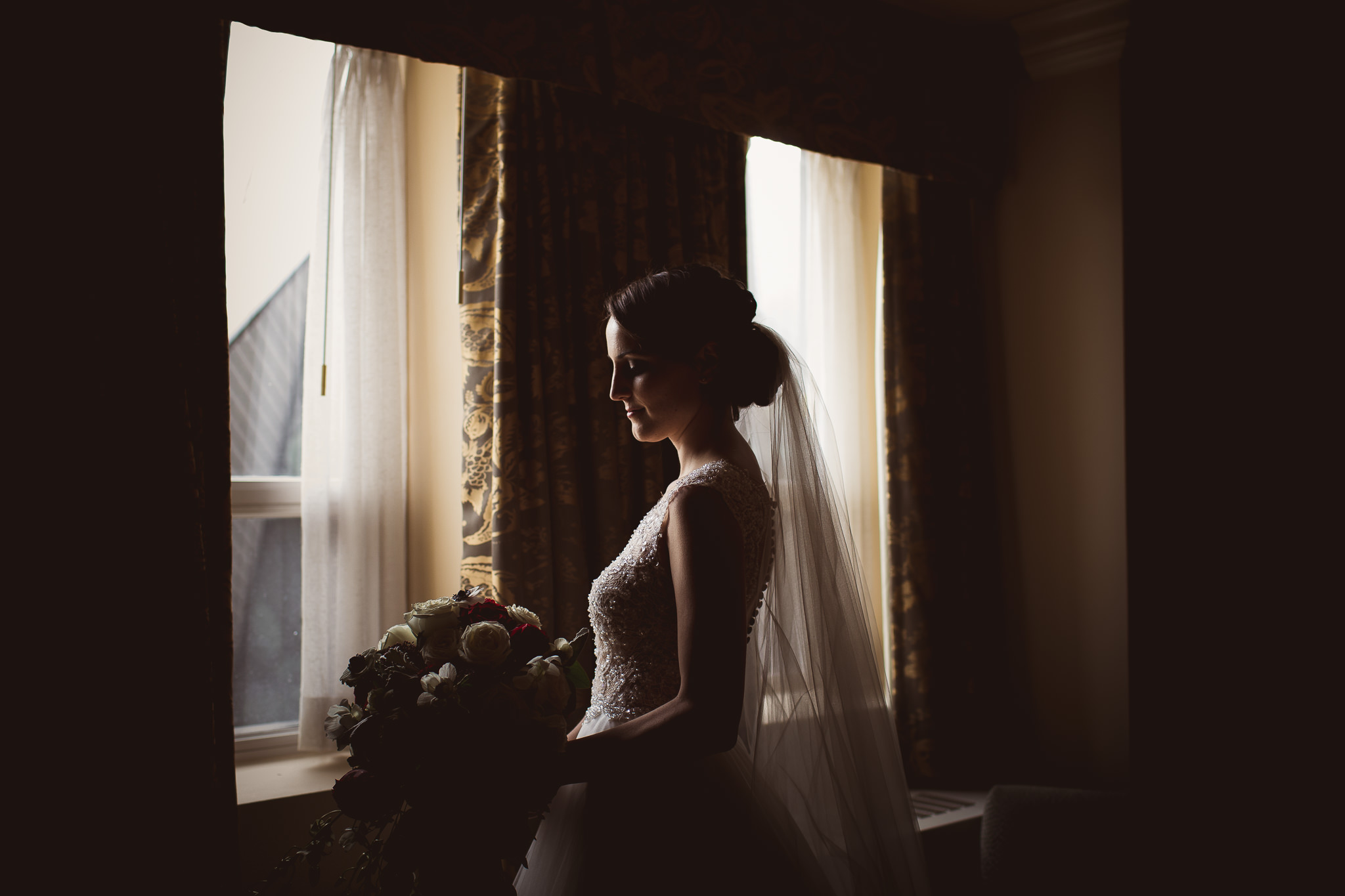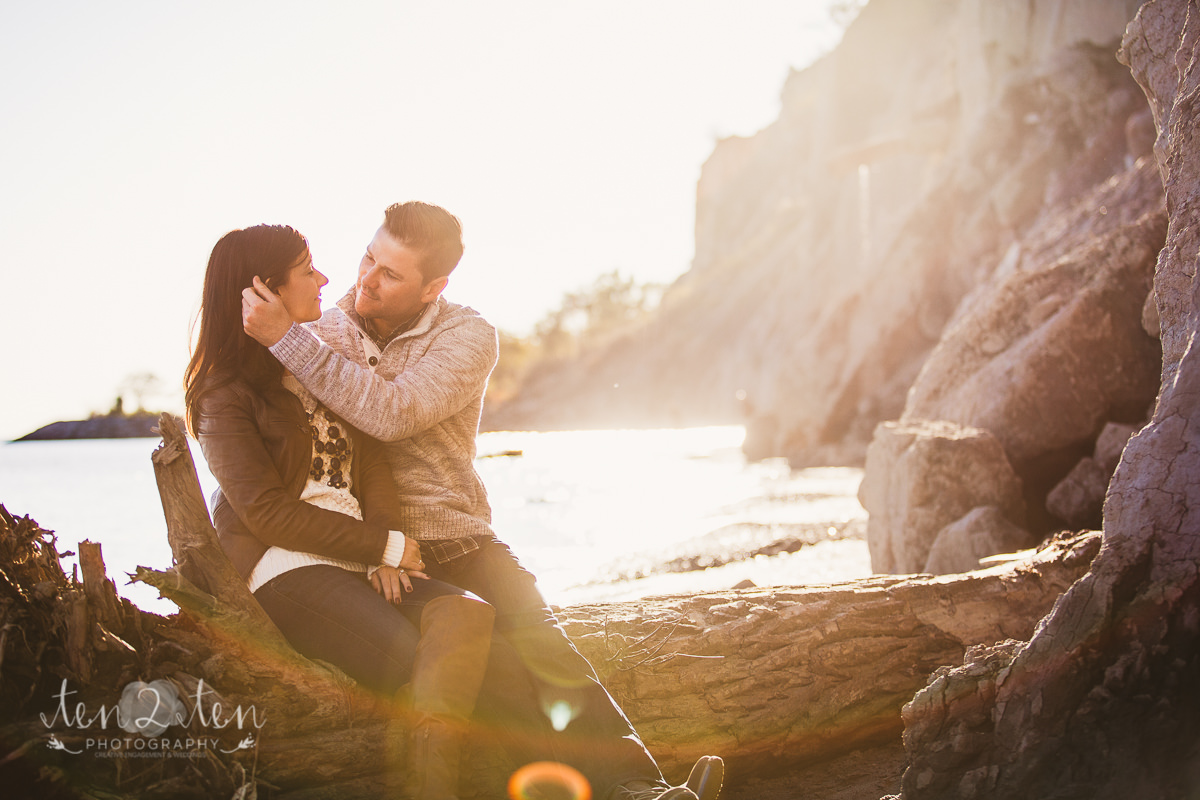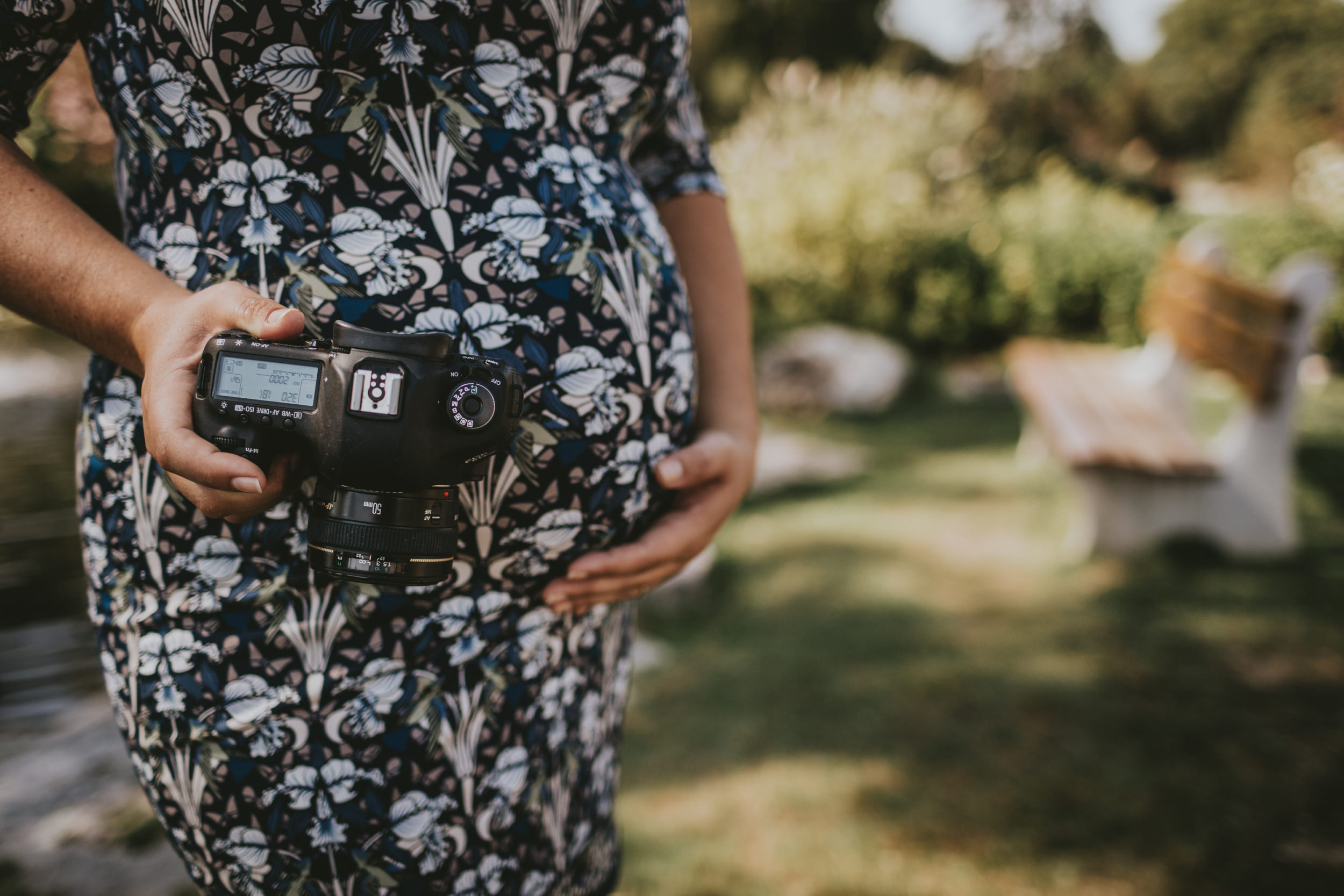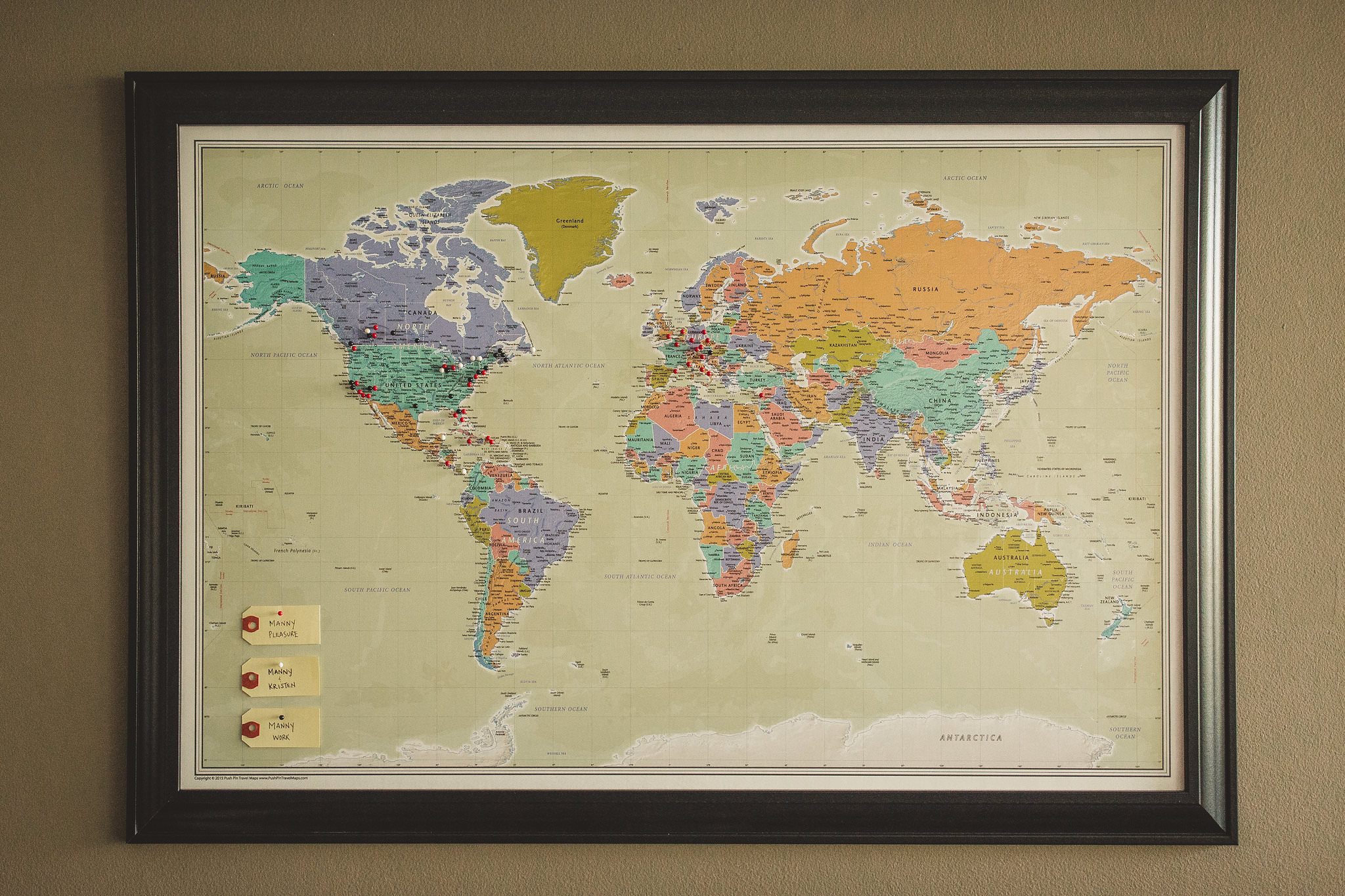Avoiding Wedding Season Burnout
It’s November; we’re all at the points in our year where we feel like shells of our former selves. We’re exhausted not only physically but creatively. We tell ourselves that we worked too much this year (again) and that avoiding wedding season burnout must be a priority next year.
Unfortunately, we seem to tell ourselves this year after year after year. Nothing will ever change unless we actually put a plan into place.
Steps for Avoiding Wedding Season Burnout
Price yourself properly: You’d think this is a no-brainer yet there are so many photographers who are undercharging for their services that they have no choice but to shoot 35+ weddings and 35+ engagements in a year just to pay their bills. Learn about pricing a photography package and start selling yourself for your worth and with a financial goal in mind. Would you rather shoot 30 weddings for $3,000 or 25 weddings for $3,600? When you’re priced properly you don’t have to over-work yourself just to make ends meet.
Establish boundaries with your clients: You can’t be “on the clock” 24/7. Make sure that from the minute you establish a relationship with your client, you set your boundaries. No texting, no facebook/social media messages, no phone calls after 6pm and on [pick two days a week] you’re off because it’s your weekend. In a world where we’re always connected, it’s important to establish boundaries for the sake of your sanity.
Establish your own internal boundaries with your services: There may be certain “policies” you come up with within your own business that help you manage your workload. In addition to the some the boundaries you set for your clients, some examples of internal boundaries are:
- Only 1 double-header weekend per month June-September
- No triple headers
- No more than weekends of work in a row
- No consults on weekends
- Only 1 evening of consults per week; the remainder are during regular work hours
- No engagement sessions (or other portrait sessions) the day before/after a wedding
- Don’t accept weddings at locations that you really don’t want to shoot at (ie: banquet halls, traditional weddings, etc.)
- Your schedule is what it is. If you’re booked, you’re booked (whether it’s for a shoot or your own time off) and no amount of begging from a client will change that.
- No working on your birthday/anniversary weekend
- No working on your kid’s birthday weekends
The key with making these boundaries work is that not only do you have to stick to them; you need to make sure that you communicate these boundaries somehow with clients. For example, if you choose to only book engagement photos on Mondays and Thursdays in order to give yourself 2 days off a week AND not shoot engagements the day before or after a wedding, you need to make this clear to your clients upon booking. Consider providing them with a little info guide.
Outsource editing or life in general: If you want to outsource your editing, that’s awesome. Just remember that it often takes 2 or 3 weddings for you and your editor to really understand each other and to get your style perfected so while outsourcing your editing is awesome, it’s not an immediate solution. The other thing you can do is outsource your daily tasks. You can order your groceries online and have them delivered to your door. You can get your laundry done for you. You can have someone come in to do your cleaning. Hell, you can have someone walk you dog for you. Outsourcing these other tasks gives you more time to work and more time to rest which means that you’ll be more successful at avoiding wedding season burnout.
Schedule your holidays & weekends: The average person gets between 2 and 4 weeks of holidays a year; 20 business days worth. Schedule those into your calendar. Take the time you deserve if avoiding wedding season burnout is high on your priority list.. Also, make sure to give yourself your “weekends”. Wedding photographer’s typically work on Saturdays and Sundays which is when the rest of the world gets their days off – so when do we get our days off? My personal preference is Tuesdays and Wednesdays as this leaves Monday’s open for gear rental returns and any other tasks that couldn’t get done over the weekend but really should get done ASAP.
Be efficient: A lot of the times we get burned out because we feel like we’re putting hundreds of hours into a task yet are never seeing the light at the end of the tunnel. But are we really putting in hundreds of hours? Are we really being as efficient as we can be? Yes, you may be sitting in front of your computer for 8 hours at a time but are you really working that whole time? Are you getting distracted? Or are you focused but just working slowly? Start by tracking your time. Download a time tracking app that allows you to start, stop and pause your activity. That will be a great eyeopener for you in regards to how much time you’re actually putting into your work. Also, invest time into learning to improve your skills, and in turn your own efficiency, will help you complete tasks quicker which will increase your job satisfaction and help avoid burnout.
The right state of mind. Shall we rip off the band-aid real quick? Okay, here it goes. Wedding photographer is tough – get over it. It’s a job where you work 10+ hours and you typically work only on weekends. On top of that, our work is seasonal. So yes, if you want to make a decent living as a wedding photographer you need to work hard and you need to work on weekends. Our busy season is typically May through October; that’s about 26 Saturdays. That’s only 26 opportunities to make money for the year if you’re relying on Saturday weddings, which are the most common weddings. And what are the odds you’ll even get inquiries for each weekend? What if it’s the luck of the draw that you never get inquiries for, let’s say, 8 of those weekends? You have no control over what inquiries land in your inbox. Well now you’re down to 18 weddings and you definitely can’t make a living off of that – so what do you do? You HAVE to shoot that double-header even though you said that you weren’t going to shoot double headers anymore. How else are you going to make rent that month? The reality is, you HAVE to work when the work comes to you because you can’t rely on the off-season being nearly as profitable as the busy season. That means you may have to shoot some double-headers. That means you may have to put in a few 60-hour weeks here and there. It’s all well and good to come up with this great plan about how you’re going to manage your workload for the year but we have no control over what inquiries land in our inbox or for what dates; we have to be flexible. Having a plan is important but making sure that plan is flexible is also important. Wedding photography can be a hard job. You need to accept that. If you want a job that’s a consistent 40 hours a week and has a predictable workload, wedding photography is not for you.

It’s important to note that while avoiding wedding season burnout may be a priority for you right now, you may NOT want to implement these new policies right away. There’s a good chance that you’re reading this article because you’re burned out right now. Just as you should never go to the grocery store when you’re hungry (or you’ll buy the whole store!) you should never put business plans into place if you’re in an emotional state that could skew your decision making abilities. You’re exhausted now so you’re likely to create boundaries that are TOO intense and will ultimately hurt your business.
My advice on avoiding wedding season burnout is to reflect on what you feel would help you avoid the burnout next year and then stay with those thoughts for a few weeks before you act on them. Ideally, don’t act on them until you feel rested again. Discuss your ideas not only with your partner or family but also with a mentor or a trusted colleague so that you can benefit from different viewpoints. Once you decide on your boundaries, make sure to analyze the potential financial impact that these boundaries can have on your business. Are you potentially taking too many days off from shooting? Are you booking too many weekends off? Are you avoiding double-headers all together? Triple headers? How many weddings are you even available for with your new boundaries in place? Make sure you truly know the impact of your choices and then reflect on that for a while again before putting your final plan into place.
I’ve mentored many photographers over the years who have felt burnout and after our discussions and their reflections, the majority of them realize that their own inefficiencies are the major cause of their burnout. They are typicality taking too long to either edit or cull (or both) and are spending way too long chatting with clients before booking them. (There’s no need to send 20 emails back and forth before even setting up a consult – that’s time you’re wasting!) They often spend too much time traveling for consults instead of making the clients come closer to them. They often realize that they would rather assign themselves “weekends” instead of booking off potentially profitable weekends but many are keen on the idea of not shooting engagement photos (or other photo sessions) the day before and/or after a wedding. Maybe you’ll find that that you come to the same conclusions too.
Good luck with avoiding wedding photography burnout next year!
